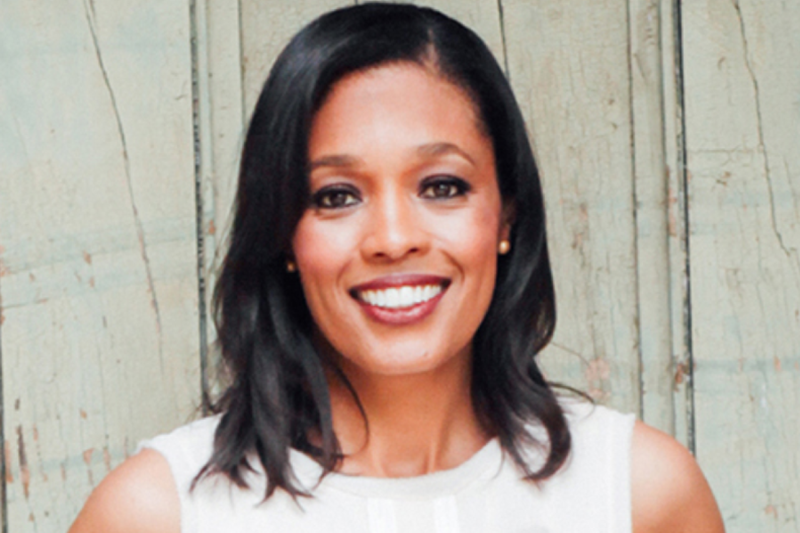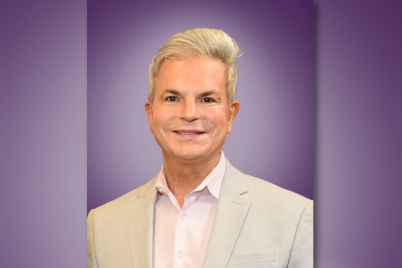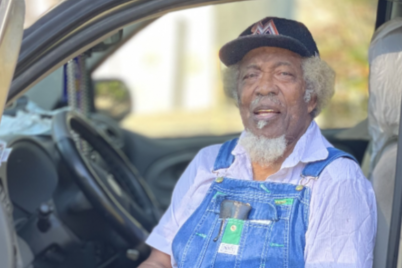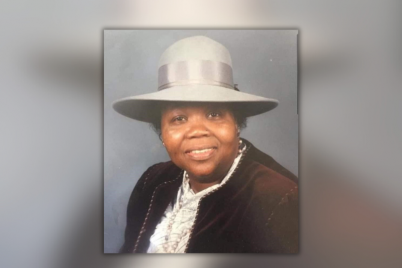Actress Tembi Locke
By J.A. Jones, Staff Writer
CLEARWATER – In 2005, President Bill Clinton declared November as Family Caregivers Month in a proclamation, stating, “All Americans owe a debt of gratitude to the family caregivers among us—the generous, compassionate individuals who daily face the challenge of caring for loved ones who are frail, chronically ill, or living with disabilities that restrict their independence.”
Studies have found that in recent years more than 40 million individuals act as caregivers responsible for aging or ill parents, spouses, or family living at home with disabilities.
According to a 2015 study by AARP and the National Alliance for Caregiving, 60 percent of caregivers are female and the average age of a caregiver is 49. Most caregivers are taking care of a relative (82 percent), with 49 percent of those individuals being a parent or parent-in-law. On average, they are caring for family members for at least four years.
Among Americans, caregiving varies by race: Spanish-speakers make up 21 percent of caregivers, African Americans comprise 20 percent, Asians make up 19.7 percent and individuals identifying as white (non-Spanish speaking) make up the lowest number of caregivers at 16.9 percent.
A recent report by the Home Alone Alliance, “Home Alone Revisited: Family Caregivers Providing Complex Care,” found the following:
- Today’s caregivers handle intense and complex duties, including medical and nursing tasks.
- Caregivers often handle multiple health conditions, including conditions that are accompanied by pain.
- Caregivers are often on their own or socially isolated; because they can run into problems with complex care, they should be better prepared by our health system.
On Wednesday, Nov. 6, as part of National Family Caregivers month, Empath Health held an “Inspirations Luncheon” themed “Lighting the Fire of Renewal” featuring actress Tembi Locke. Audiences may know Locke for her roles as Dr. Grace Monroe on the Syfy series “Eureka” or as Dr. Diana Davis on “Sliders.”
Locke, who recently released a memoir titled “From Scratch: A Memoir of Love, Sicily, and Finding Home,” shared a heartfelt presentation on her steps to recovery after taking care of her husband for the last decade of his life as he lived with a rare bone cancer.
She shared how she was living her “la dolce vita” with the career she wanted, married to the love of her life and raising their daughter, when her life was changed dramatically once he received his diagnosis.
“In 2002 we heard the words, ‘rare soft-tissue bone cancer.’ Overnight I became the primary caregiver. While I had played a doctor on TV, being a nurse, doctor, wife, lover and friend was a whole other ballgame. It was a role I would spend the next 10 years of my life trying to fulfill.”
Locke shared the challenges of day-in-day out care over the next decade, including having to learn to administer chemo, give him shots, change post-surgical wound dressings, and manage his nausea.
And, on top of all that, there were his non-medical needs. “I had to learn to intuit his emotional care, his intellectual care. How to help him still dream of his life inside of a life that looked radically different from the one we had imagined.”
Still, said Locke, even harder than all that was learning to care for herself as a caregiver. “I had to learn to take care of him while not losing care for myself. In this month of November, when we celebrate National Caregivers Month, it is not lost on me that the work of caregivers – professional and familial – is critical.”
Locke noted that caregivers see their patients’ highs and lows, hold their fears, and see when they need more support – but that they must still take care of their own needs. She noted that balancing her husband’s needs and her own needs was “a constant dance.”
“Caregivers have to attend to themselves. They can’t keep putting others first at the expense of their own health and wellness. But we can’t do it alone – it requires a community of people,” asserted Locke. “People who, for me, made it a point when they visited me to never leave my side without saying, ‘Every day won’t look like this, you’re doing a heroic job, I see that, I honor that.’”
Suncoast Hospice Foundation is a member of Empath Health. Suncoast Hospice provides hospice care for chronically ill patients as well as end-of-life care, all-inclusive senior care, home health services, a wide range of HIV services and support, advance care planning, and palliative care (an interdisciplinary approach to care for people with chronic conditions, focused on providing pain relief and mental and physical stress during illness).
For more information, visit suncoasthospicefoundation.org.
To reach J.A. Jones, email jjones@theweeklychallenger.com








